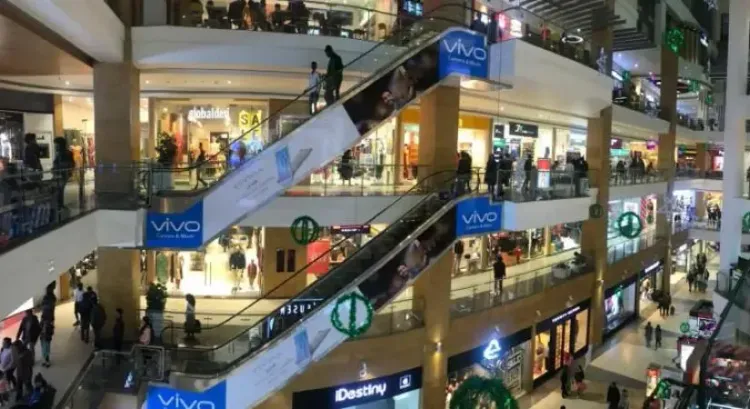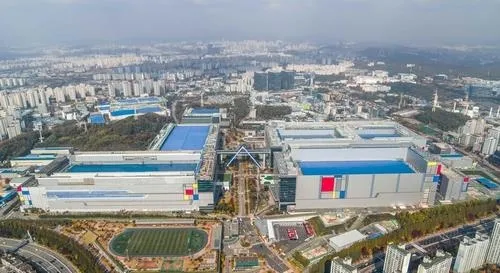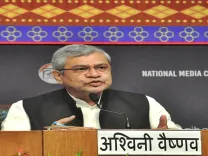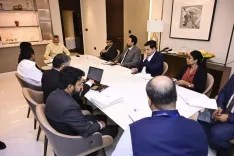Will India’s Luxury Goods Market Grow by 10% to $12.1 Billion by 2025?

Synopsis
Key Takeaways
- India’s luxury goods market is set to grow by 10% to reach $12.1 billion by 2025.
- Experiential luxury is the fastest-growing segment.
- Physical stores will continue to play a vital role, making up 81% of sales.
- Urbanization and a rise in affluent consumers are significant growth drivers.
- The global luxury market remains strong, valued at $1.5 trillion.
New Delhi, Oct 22 (NationPress) India's luxury goods market is anticipated to experience a remarkable 10% growth, reaching $12.1 billion by 2025, establishing itself as a key player in the global luxury arena, according to a recent report.
The retail landscape for luxury is evolving, with brands shifting from mere transactional environments to offering curated lifestyle experiences, as noted by data analytics firm Euromonitor International.
Leading the charge in luxury goods market expansion are South Africa (15%), India (10%), and the United Arab Emirates (9%).
India is projected to achieve a Compound Annual Growth Rate (CAGR) of 74% during this period, underscoring its growing significance within the luxury ecosystem. The report attributes this growth to the increasing number of affluent individuals.
Value sales in premium and luxury automobiles are driven by urbanization, a wealthy consumer base, appealing financing options, and emerging electric models. Experiential luxury—particularly in hotels, travel, fine dining, and exclusive events—represents the fastest-growing segment, as younger consumers increasingly seek unique experiences over traditional products, fueled by a surge in tourism and personalized offerings.
By 2025, physical luxury retail stores are expected to account for 81% of personal luxury goods sales, highlighting the sector's resilience and the enduring significance of face-to-face interactions.
The global luxury market, valued at $1.5 trillion in 2025, continues to show resilience despite ongoing macroeconomic and geopolitical challenges.
"In the face of market uncertainty, the luxury industry is undergoing a significant transformation, transitioning from product-centric models to experience-driven engagement. Wellness, lifestyle, and emotional resonance are becoming new status symbols, altering how brands connect with their customers," stated Fflur Roberts, global insights manager for luxury goods at Euromonitor International.
Physical luxury stores are evolving to reflect identity through exclusivity and hospitality, mirroring high-end service and engaging storytelling.
While e-commerce continues to grow, luxury brands are reimagining their physical locations as cultural hubs that inspire, connect, and foster loyalty through interactive experiences.
Shifts in luxury spending from personal items to experience-led categories illustrate profound changes in consumer values.
Luxury travel and hospitality are projected to exhibit resilience, with these markets expected to grow by 8% in 2025, reaching $103 billion, according to the report.









